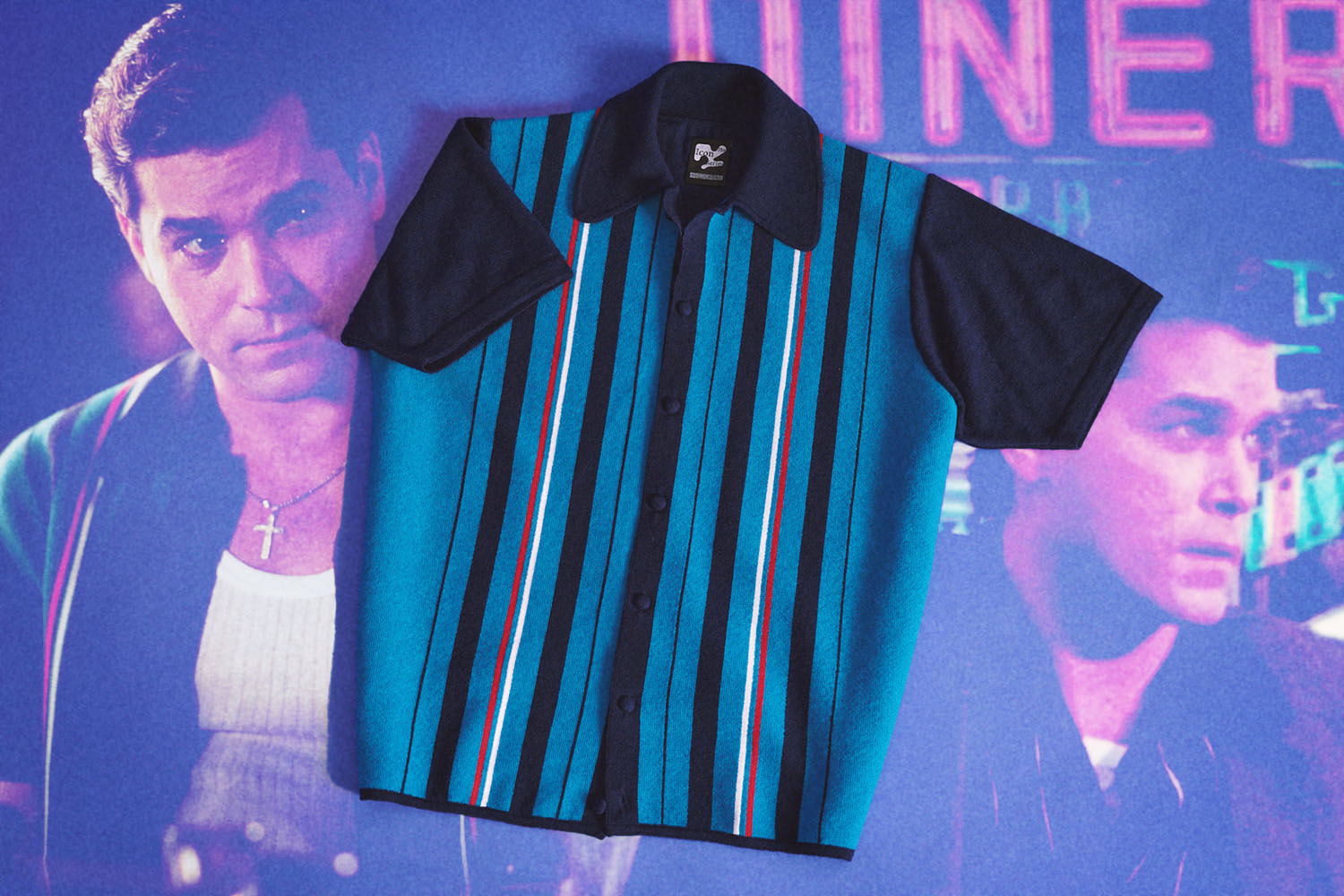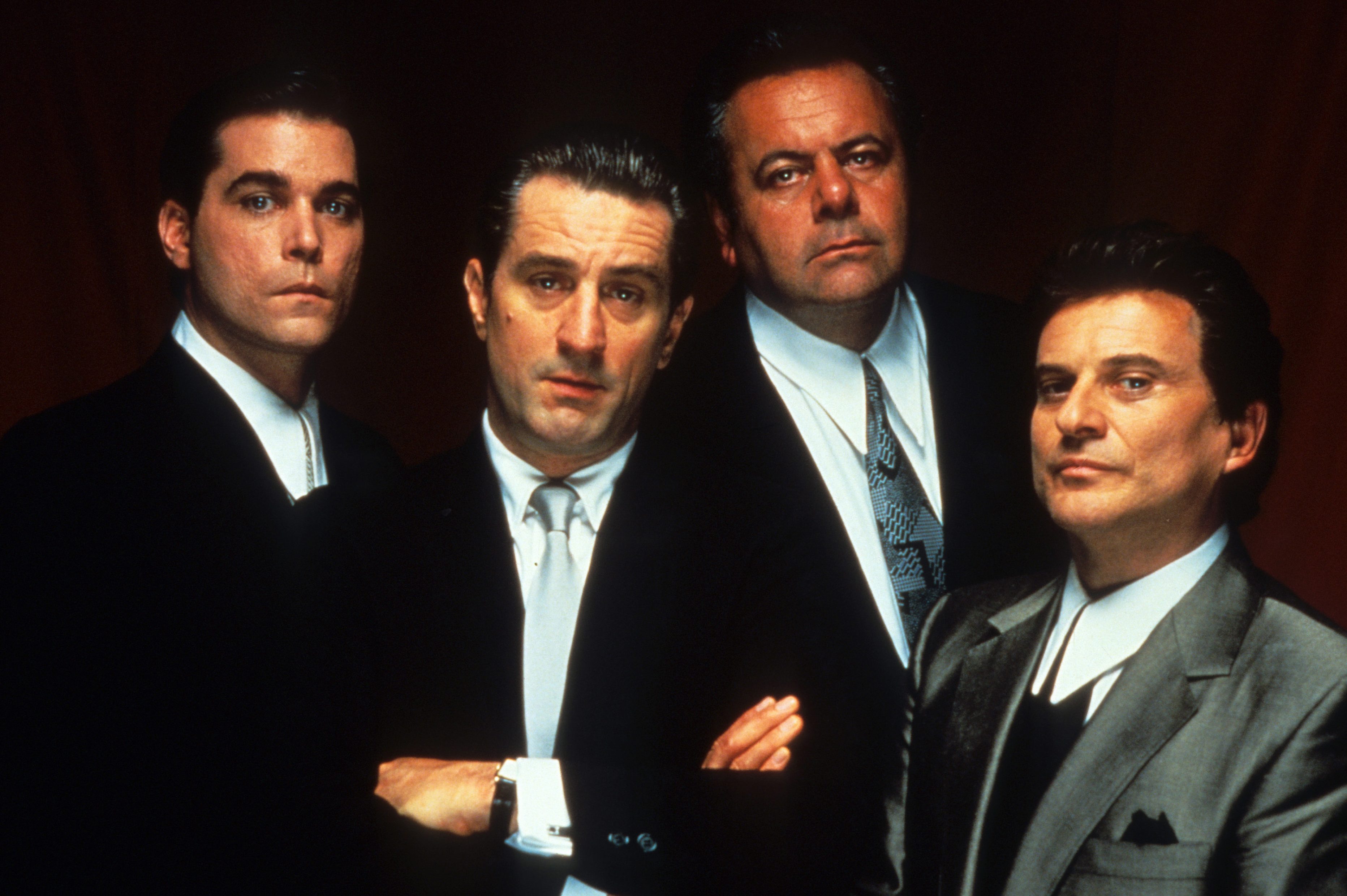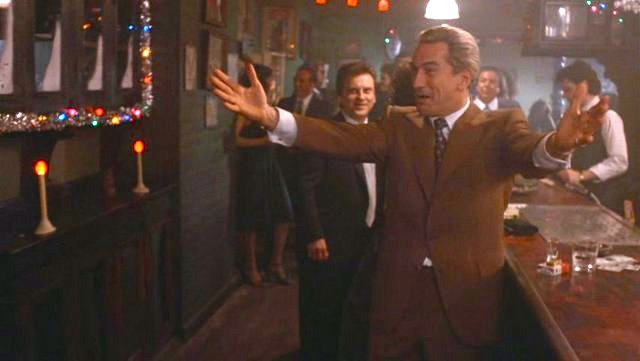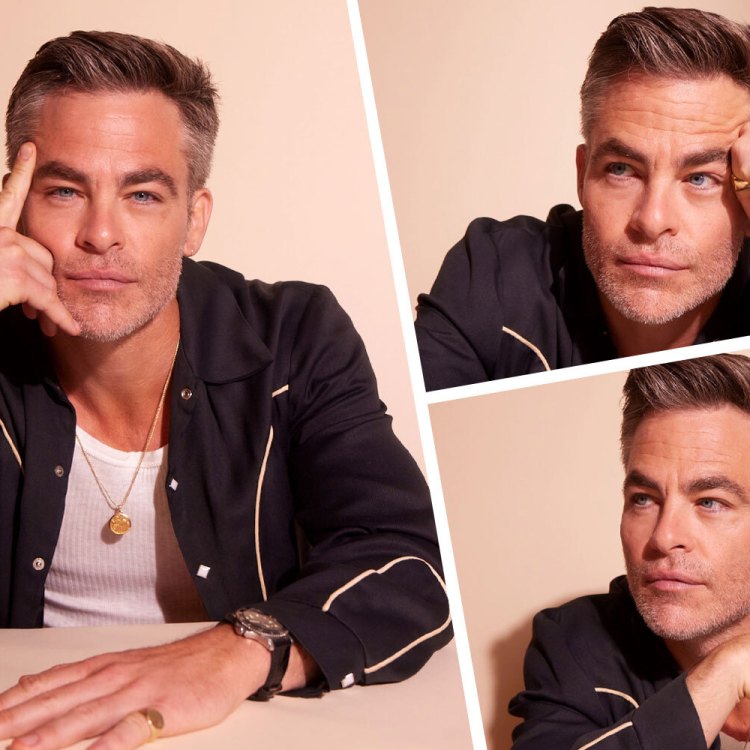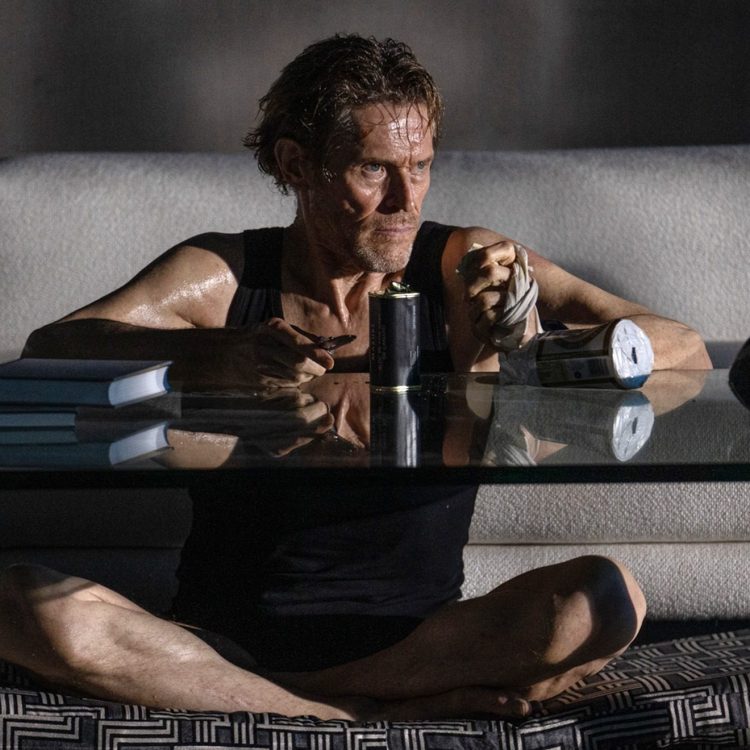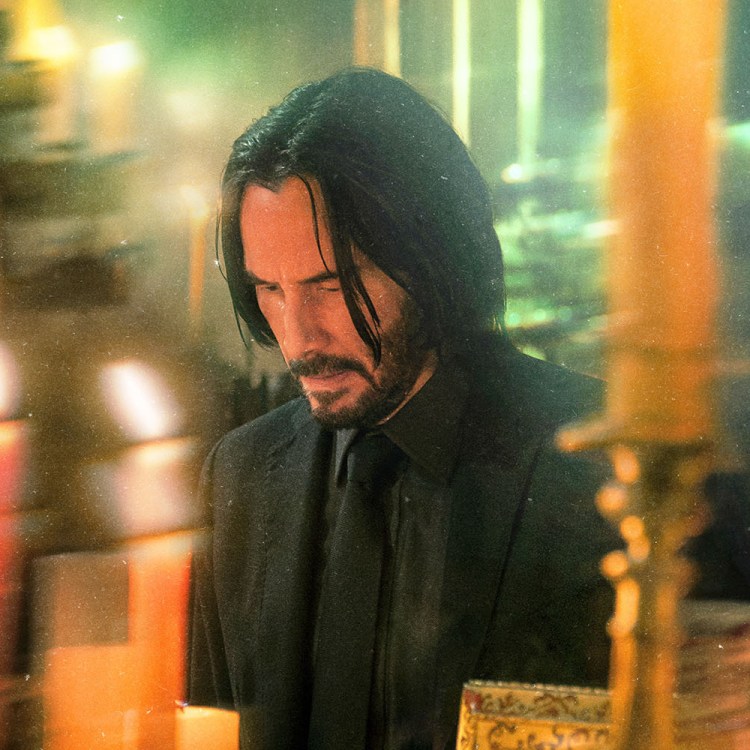Ray Liotta died this week at the age of 67, in the midst of a movie shoot. His final film appearance will be determined by the vagaries of release dates because he had several more projects already completed; he’d been working a lot. Looking through his filmography, it’s clear that actually, he hadn’t ever really stopped working. Even before his breakthrough in Jonathan Demme’s Something Wild (1986) and the one-two punch of his supporting performance as Shoeless Joe Jackson in Field of Dreams (1989) and his starring role in Goodfellas (1990), Liotta had a steady stream of television gigs, and he returned to TV in recent years, appearing as a regular on several shows while maintaining a film career. And though he took more supporting and character parts following his ’90s heyday, there was plenty of demand for him in the film world: In the last few years alone, he worked with Steven Soderbergh, David Chase and Noah Baumbach.
Given his busy schedule and trademark intensity, it would be easy to picture Liotta burning out as an older man, or to imagine his frequent film appearances inspiring dread: Someone’s gonna get yelled at, or kicked in the stomach! But here’s the weird thing about Ray Liotta: His barely coiled fury gave off sparks of delight, too. Not in the manner of a self-conscious villain, swanning through his own evil schemes — Liotta characters only sometimes appeared to be taking pleasure in their wrongdoing. (Sometimes they would even do something right.) No, Liotta had something else. For a guy who could often be found glowering — who sometimes played himself in order to make jokes about how often he could be found glowering — there was an unmistakable, exciting, oddly beguiling presence beyond his oft-unsmiling visage. The electricity was always on.
It was from the beginning. In Something Wild, he plays, uh, Ray, the criminal who stalks and kidnaps his ex Lulu (Melanie Griffith) and kicks the hell out of Charlie (Jeff Daniels), her new sort-of beau. At one point, Charlie meets with Ray at a diner and corners him into letting the new couple go. Rather than simply seething — though he both seethes and glowers beautifully — Liotta plays the scene with a mutating sense of disbelief, from half-amused to angry to immediately calculating his next step. Some of the wonder of Liotta’s performance in his physicality: From eyebrows to his splayed fingers holding a cigarette, he’s all sharp angles, contrasting with Daniels’ softer features. But he also keeps so much of that volcanic anger chilled behind those pale blue eyes. There’s something innately funny about Liotta’s rage that never downgrades its threat levels.
This makes him absolutely perfect casting in a Martin Scorsese picture. As Henry Hill, the amoral wiseguy who “always wanted to be a gangster,” Liotta played a part that some at the studio would have loved to hand to Tom Cruise. But Cruise in peak cock-of-the-walk mode would not have done justice to Henry’s inner “shnook,” the way his youthful brashness and charisma gives way to figurative and literal intoxication, and then, finally, obscurity. In the movie’s final scene, Liotta conveys, with a rueful irritation that almost qualifies as low-key, how much he misses the “action” of being a full-fledged gangster. He’s not repentant so much as he’s not having any fun. In his own terms, he loved being the spaghetti with marinara, and now he’s become egg noodles and ketchup. (Fascinatingly, Liotta’s note-perfect Italian-ness was more cultural than biological; born in Newark, New Jersey, he was adopted into a Catholic family with an Italian-American father, but later learned his birth family’s background was primarily Scottish.)
Man, that Goodfellas performance: Again, somehow, Liotta makes it funny. That’s not to say Liotta couldn’t summon appropriate gravity, in that movie or others. He played a series of gritty cops and/or criminals in movies like Cop Land, Narc, Killing Them Softly and The Place Beyond the Pines. He made the graceful transition from leading man to guy whose unexpected pop-up in a character part would give you a little lift, even his character was popping up to kill or get killed. But that lift has the same origin as the comic notes in Goodfellas or Something Wild: There’s something so perfectly and unavoidably human about his characters, even when he’s playing bigger than life. That contrast between bombast and shnookiness is funny.
Liotta seemed to understand this, as he continued to tease the humor from his persona over the years. He guest-starred on several sitcoms, playing himself. Weirder, he also played himself in the cartoon Bee Movie, as the short-fused owner of an exploitative honey business, complete with his face adorning the jars. In 1999, he had a cameo in the little-seen Muppet movie Muppets From Space. Fifteen years later, he had a second part, under a whole different creative regime, in Muppets Most Wanted. He’s not just doing a walk-on, either; he’s in a musical number, singing and dancing.
Throughout all of this, Ray Liotta never became a cutesy self-memed photocopy of himself. He was a working actor brought joyful flair to that work — a quality that suggested more great performances ahead. Think back just a few years ago to Marriage Story, where he plays a divorce attorney embroiled in a messy split. Again, Liotta is blustery and angry — and again, a comic edge glints from beneath his anger, as he delivers a key line about being forced to split the difference between “reasonable and crazy.” He wants to help Adam Driver’s character (named Charlie, in a nice bit of career symmetry with the Jeff Daniels character Liotta harasses in Something Wild) — and he’s also selling himself with some convincing showmanship. Come to think of it, “somewhere between reasonable and crazy” is a good description of a lot of Ray Liotta characters — maybe a lot of people in general. It’s big territory that will be a little poorer without him.
This article was featured in the InsideHook newsletter. Sign up now.

